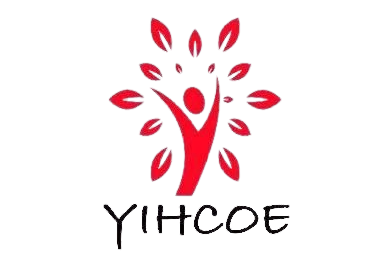Vocational training stands as a beacon of hope for marginalized groups, offering not just skills but pathways to self-reliance, economic empowerment, and social inclusion. For those often left on the fringes of society—be it due to socio-economic status, gender identity, race, or disability—vocational education can be transformative.
Why Vocational Training Matters
- Economic Independence: By learning a trade or skill, individuals can enter the workforce or start their own businesses, reducing reliance on welfare or unstable income sources. This is particularly vital for those in marginalized communities who face higher barriers to traditional employment.
- Breaking Cycles of Poverty: Vocational skills offer a way out of poverty, providing the tools for individuals to secure better-paying jobs or to innovate within their communities, creating a ripple effect of economic improvement.
- Social Inclusion: Skill acquisition can lead to greater acceptance and inclusion. When individuals from marginalized groups contribute economically, societal perceptions can shift, reducing stigma and promoting more inclusive communities.
Key Benefits for Marginalized Groups
- Tailored Programs: Vocational training can be adapted to meet the specific needs of different groups, ensuring relevance and accessibility. For example, programs for individuals with disabilities might focus on adaptable skills or technology use.
- Empowerment: Beyond the skills themselves, the process of learning fosters confidence, self-esteem, and resilience. Participants often report feeling empowered, ready to tackle life’s challenges with new vigor.
- Community Building: Training sessions serve as community hubs where individuals can connect, share experiences, and support each other, creating networks that extend beyond the classroom.
Examples of Impactful Vocational Training
- Sewing and Tailoring: Programs teaching sewing have enabled many, especially women and transgender individuals, to start small businesses from home, providing both income and a sense of achievement.
- Digital Literacy: In an increasingly digital world, teaching computer skills opens up remote work opportunities, crucial for those who might face mobility or geographic barriers.
- Culinary Arts: Cooking classes can lead to employment in restaurants or catering, or even the start of food-based businesses, celebrating cultural diversity while fostering economic growth.
Challenges and Solutions
- Access: Ensuring that these programs are accessible to those in remote or underserved areas can be challenging. Mobile workshops, online courses, and partnerships with local organizations can bridge this gap.
- Stigma: There can be a stigma around vocational education versus academic paths. Highlighting success stories and integrating vocational skills into broader educational frameworks can change perceptions.
- Sustainability: Training must lead to real job opportunities or business creation. This requires ongoing support, mentorship, and connections to markets or employers.
In conclusion, vocational training for marginalized groups isn’t just about teaching a skill; it’s about opening doors to opportunities that might otherwise remain locked. It’s about empowerment, dignity, and giving individuals the tools to write their own success stories, thereby not only changing individual lives but also the fabric of society at large.
